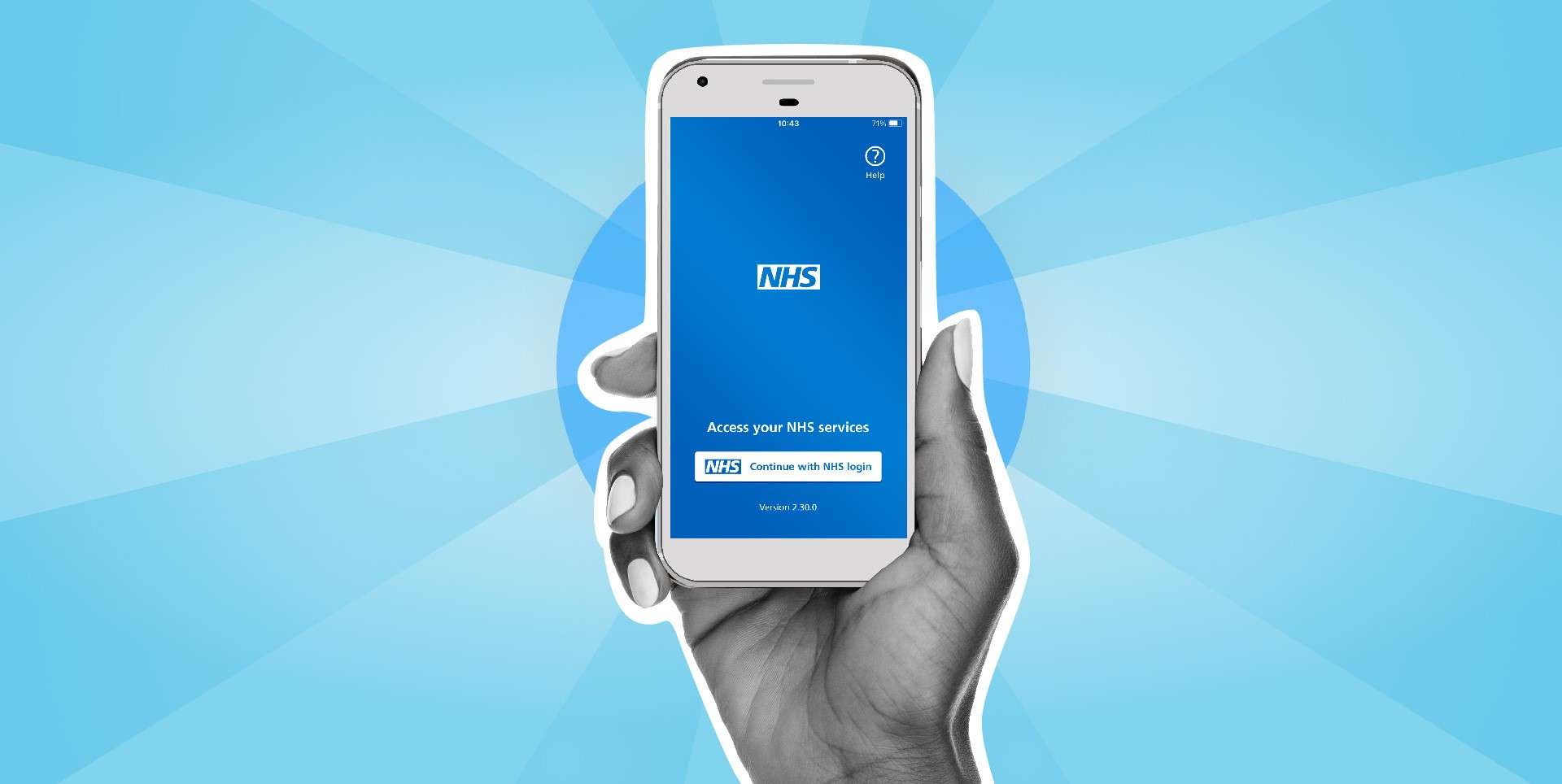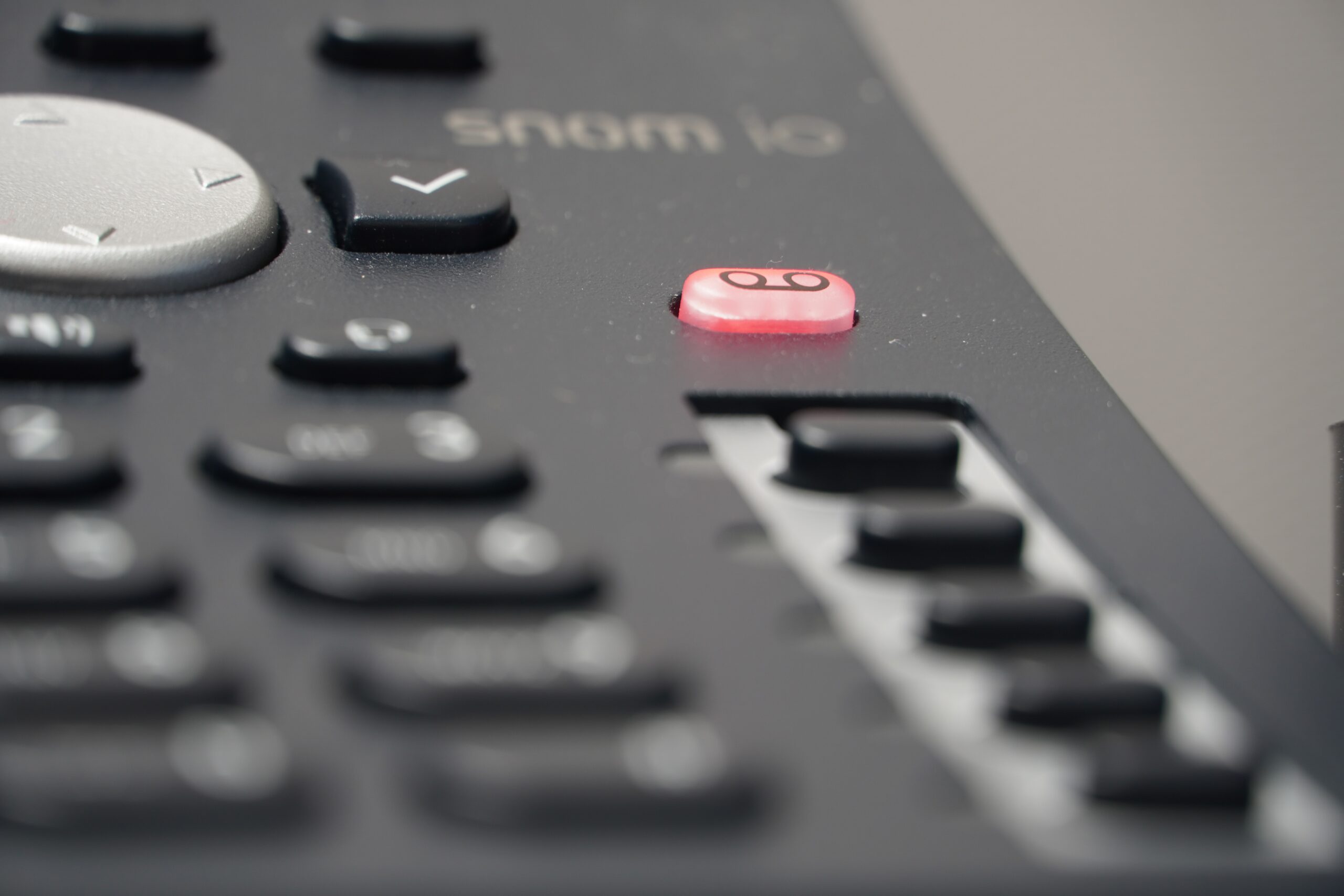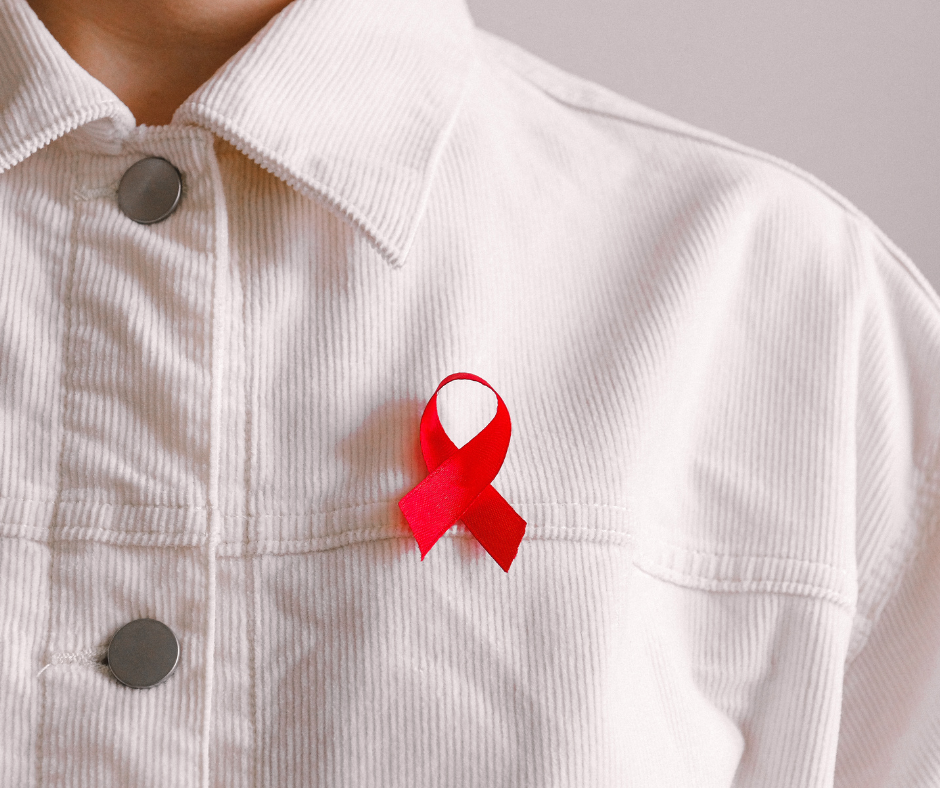NHSX works with jHub to gather and analyse information collected by third-party software
Credit: Pixabay
The NHS is to collate and analyse data from a variety of symptom-tracker apps to help support its coronavirus response work.
The initiative will see data go through an initial cleaning process, during which it will be stripped of “any information which may inadvertently identify users, ensuring that only symptom and demographic data is included [and] will then be checked for any security issues, with any incorrect or duplicate data also being erased”.
This work will be carried out by jHub – a Ministry of Defence agency focused on supporting innovation across the armed forces. Once the data is ready for use, jHub will “securely share” it with NHSX.
The health-service technology unit will then collate data from the various different apps taking part, and the sum of information will “be used to inform… Covid-19 response by giving a clearer understanding as to which areas in the UK the virus is spreading and how quickly”.
Related content
- MPs and peers call for urgent data-protection law for contact-tracing app
- UK border officials to ask travellers to download contact-tracing app on arrival
- Coronavirus: can we keep track of our sensitive data?
Project Oasis claimed that it will only work with apps that “have been assessed to the NHS Digital Health Technology Standard or against the Digital Assessment Questionnaire”.
When the project was launched earlier this week, seven apps were listed as the first participants: Agitate Ink C-19; Collected Cognition – FightCovid.info; Corona-help.co.uk; Evergreen; LetsBeatCovid.net; TrackTogether; and YourMD.
An eighth – the Covid Symptom Study app from nutritional science company Zoe – was added yesterday. This is a significant addition, as the app was one of the first and most high-profile symptom-tracker programs launched, and has been downloaded almost 3.7 million times to date.
Zoe indicated to PublicTechnology that Project Oasis had been in contact with the company early in its work, and was able to access the data via non-profit organisation Health Data Research UK. Other legitimate health researchers are able to apply to HDR for access to data from the Zoe app, which is being stored in the SAIL Databank facility funded by the Welsh Government.
The Ink-C app, another of the programs from which Project Oasis is gathering data, was developed by digital payments firm Agitate.
“We know that other tools ask a lot of personal questions, such as weight, height, age and previous medical history. While this is certainly useful information for health services to know, it’s clear that such an intrusive set of questions is proving to be a barrier to many,” said Agitate chief marketing officer Steve Winyard. “Ink C-19 only needs to know your current health status in relation to Covid-19, and the feedback we’ve had so far is that users overwhelmingly support the light-touch approach we’ve taken to symptom monitoring and trust that their privacy is being respected. We’re proud to be able to help the NHS in their efforts to help the British public by offering direct access to the regional, street-level anonymised data that the public are providing via our app.”



